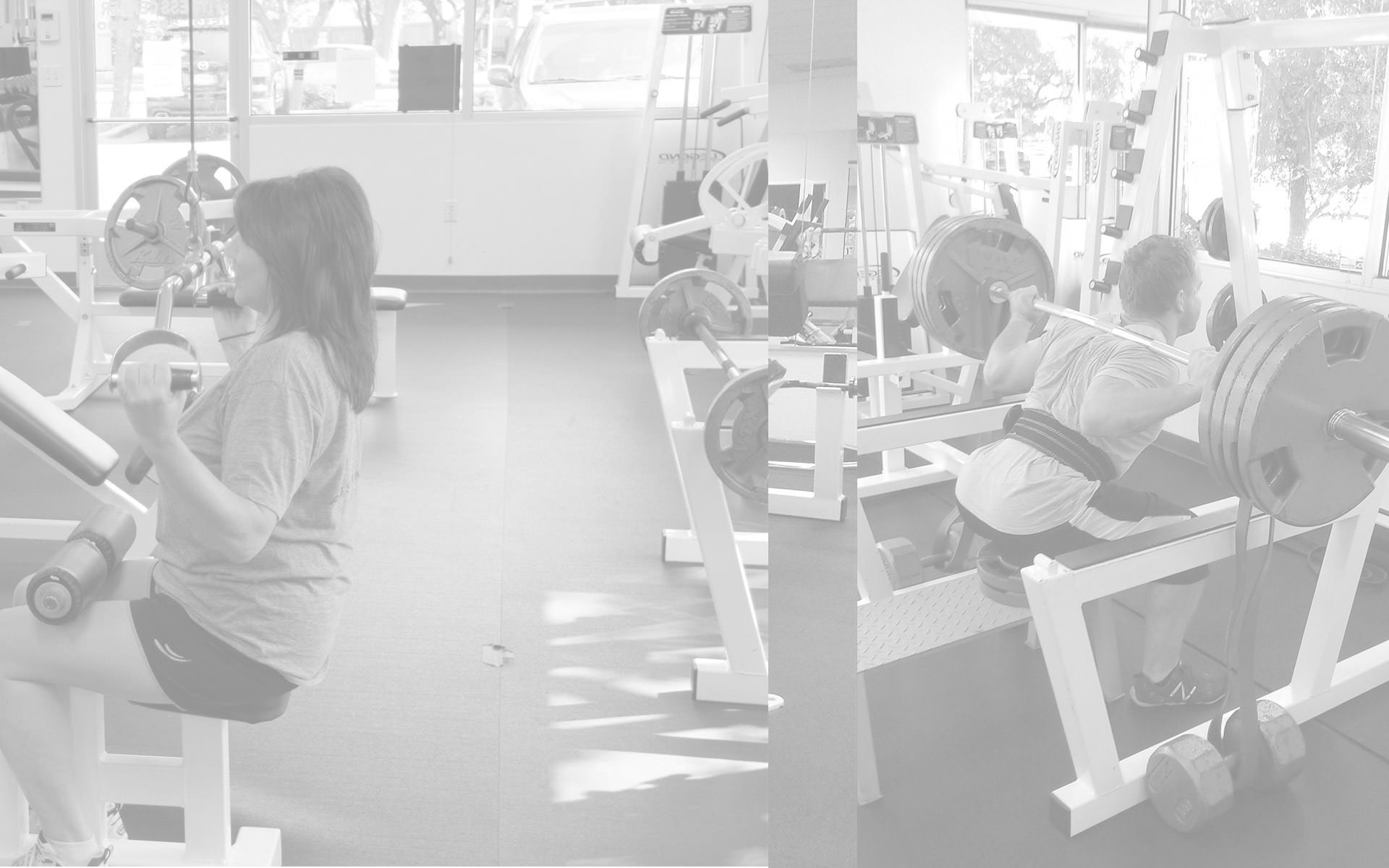Overtraining: Is It A Real Concern?
As a South Austin personal trainer for the last 20 years or so, I get asked an awful lot of questions when people come to my gym. One of the most frequently asked questions, especially by men looking to get bigger or stronger, relates to overtraining. The question is, should I train a muscle once or twice per week? This is a valid question, as most everyone who bothers to workout is interested in maximizing their potential. Some folks believe you should train a muscle every day. These also tend to be the same people who believe the earth is flat. Thankfully, most people have a little more common sense than that and usually want to work a muscle group 1-3 times per week, depending upon which muscle group it is we’re talking about.
Some muscles, however, are ones that we use regularly, and on a daily basis, and are in a different category, so to speak. These include the calves, abdominals, core muscles, etc. These are different than the other skeletal muscles in that they actually can be worked more frequently, as they are accustomed to it, and recover at a much faster rate, if you don’t overdo it at the gym, than most other muscle groups.
Like anything in fitness, there is no sweeping statement that will apply to everybody. Some people will benefit from working out 2, maybe even 3 or 4 times per week on the same muscle group, While others, would suffice with only once per week. There are many factors and things to consider if you’re going to ask yourself should I train a muscle once or twice per week. What is your body’s ability to recover from workouts? Do you notice that you stay sore for a prolonged period of time after working out? Are you natural or are you using performance-enhancing drugs? How old are you? What does your nutrition look like? What are your goals? How long have you been working out? Do you have any injuries to the affected area that you wish to train? As you can see, there’s a multitude of things to consider before you can honestly answer the question of should I train a muscle once or twice per week without being at risk of overtraining.
Overtraining has almost become a household word these days. The memes and internet jokes abound in which some scrawny looking guy sets down his 3 pound dumbbells proclaiming he doesn’t want to over train and lose his gains. Overtraining can be a real thing, however, but it is nowhere near as common, or likely to happen to you as the internet forums would lead you to believe. If you examine the definition of overtraining, it lends itself to the understanding that you likely aren’t doing it. The definition is not allowing your body ample recovery periods in between exercise induced physical trauma. For example, if you train chest on Mondays, as a lot of people seem to do, then Tuesday and Wednesday should not be spent training the chest muscles, but rather a completely different set of muscles. Fortunately, that’s how most people approach their lifting. On the other hand, if you’re an athlete in training and you repeatedly go over the same motions, such as sprinting, day after day, you may want to allow your body some rest and recovery time in between sessions.
Overtraining: Should I Work A Muscle 1 or 2 Times Per Week?
One methodology I employ with my advanced clients, is to oftentimes have them train the same muscle group what I refer to as one and a half times per week. Not twice directly, though. What I mean by this is to hit the target muscle directly one day, and then use it indirectly, but effectively later in the week. For example, if we keep with the chest training on Monday example, and then Thursday or Friday comes along and we work arms, we have trained triceps one and a half times, with sufficient rest in between that week, since working the pectoral muscles naturally employs a considerable amount of tricep muscles in the workouts. Is that overtraining? Not for the advanced crowd, generally speaking, unless you perform an inordinate amount of sets and reps. If a newcomer to fitness were to attempt that, however, they would be considerably more at risk for overtraining, as their body simply isn’t accustomed to that level of exercise and their muscles wouldn’t recover sufficiently in between weight lifting sessions. In time, however, with repeated workouts and consistency, it very likely will be.
Overtraining, like most gym maladies, is prevented by using a little common sense, as well as developing a feel for how your body is reacting to the stresses you are heaping upon it in your workouts. If you are sore, skip working that muscle group until it feels more pliable and ready to go again. Working a body part once or twice per week because some guy in a magazine, who looks like you dream of looking, says so, is not going to get you ahead in your workouts, and certainly not going to have you achieving the physique you’re working towards. We’re all different, and need to take an individualized approach to working out. If you stay in touch with yourself on both a mental and physical level, overtraining won’t ever be something to worry about.
Ready to Get Started?






